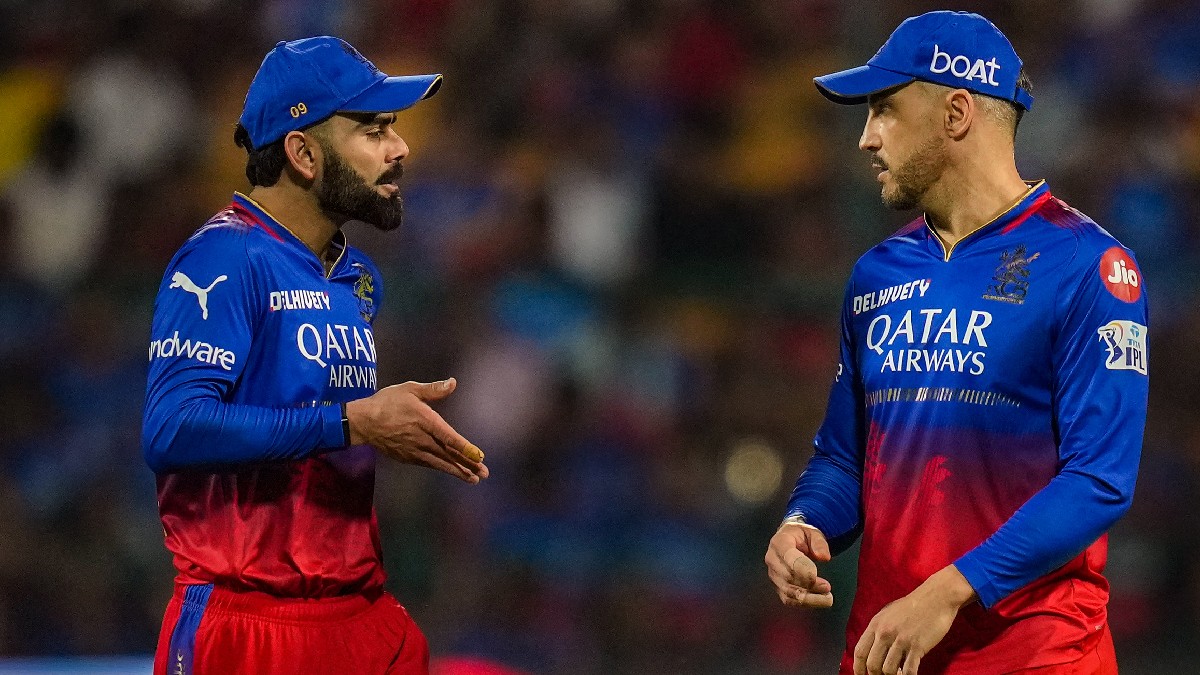Veterans differ on Siachen demilitarisation
Bhopal, May 7: Former officers of the Indian Army vary over the key issue of demilitarising the world's highest battlefield, the Siachen glacier, with those in favour pointing at preventing further non-operational casualties and curtailing expenses while those against feeling that the tactical advantage provided in 1984 by Operation Meghdoot ought not to be relinquished.
''Yes, I favour demilitarisation. On whether foreign powers can be trusted to maintain the sanctity of the demilitarised zone, it's worth the risk and why would any country want to violate the DMZ?'' Maj-Gen (Retd) M P S Kandal, who served as Additional Director-General (Operational Logistics) told UNI here.
Claiming that the glacier by itself was of no great strategic gain to India, he added a cautionary note by saying that any eventual annexation of the DMZ by a foreign power might be ''part of a larger game'' and that could be a disquieting factor.
''Maximum casualties have been due to climatic conditions and several lives are sometimes lost to save one,'' Brig (Retd) Prabir Goswami, Vishisht Seva Medal, who commanded 16 Independent Armoured Brigade during operation Vijay -- the Kargil conflict-- told UNI.
Pointing out that the cost, both in material and financial terms, was simply enormous, he said stationing soldiers at those blizzard-battered heights and maintaining them was a ''massive logistics challenge.'' ''Demilitarisation will save the lives of young soldiers.
Frostbite, depression and lack of appetite are synonymous with Siachen.
In the seventies, Siachen's potential -- for use or misuse -- was realised and India occupied it as a precautionary measure,'' the brigadier explained.
''There has to be an absolutely foolproof method of verifying that a foreign power does not take those heights,'' felt Brig (Retd) S Dasgupta who also favoured demilitarisation.
On a dissenting note, Lt-Col (Retd) Behram A Sahukar -- who served in 3 Parachute Regiment whose jawans were stationed on the glacier a few years back-- said that pulling out of Siachen was to be a major confidence-building measure but post-Kargil it became more important to occupy the heights round the year. ''At this stage it will not be prudent to withdraw as we have command of the heights. We cannot guarantee that foreign powers will keep out once we withdraw. There is talk of surveillance devices and monitoring mechanisms, but in the end we have to ensure security of Ladakh and Kashmir,'' said the combat veteran who first saw action in the Western Theatre during the operation Cactus Lily -- the 1971 Indo-Pak War.
Lt-Col Sahukar pointed out that an international monitoring force ''can only monitor and can be easily swept aside or asked to vacate in case of hostilities,'' and Siachen was so secluded that it was of little strategic importance to the rest of the world for it to intervene effectively.
In response, Brig Goswami felt that no country would like to suffer the humiliation inflicted by the Indian Army during the operation Vijay.
''The Army has lost over 700 personnel since its occupation of Siachen. Our personnel have proved that they are the toughest by cheerfully living out their stipulated period of three months (with some, particularly medical officers and staff, exceeding this period) in the most exacting of conditions at heights of upto 22,000 feet. Pakistani counterparts are on lower heights, with many more and much shorter routes back to their rear areas,'' Lt-Col (Retd) Anil Bhat, former Defence Ministry spokesman, told UNI.
He felt that vacating Siachen was an excellent idea, which several soldiers and environmentalists would back to the hilt. But it must never be done without demarcating the Actual Ground Position Line.
more


 Click it and Unblock the Notifications
Click it and Unblock the Notifications




